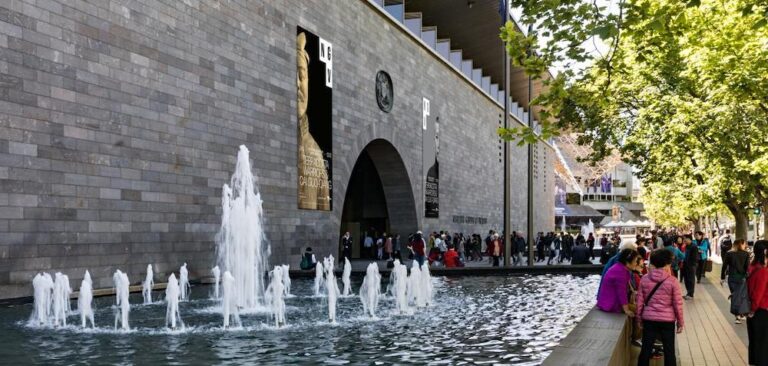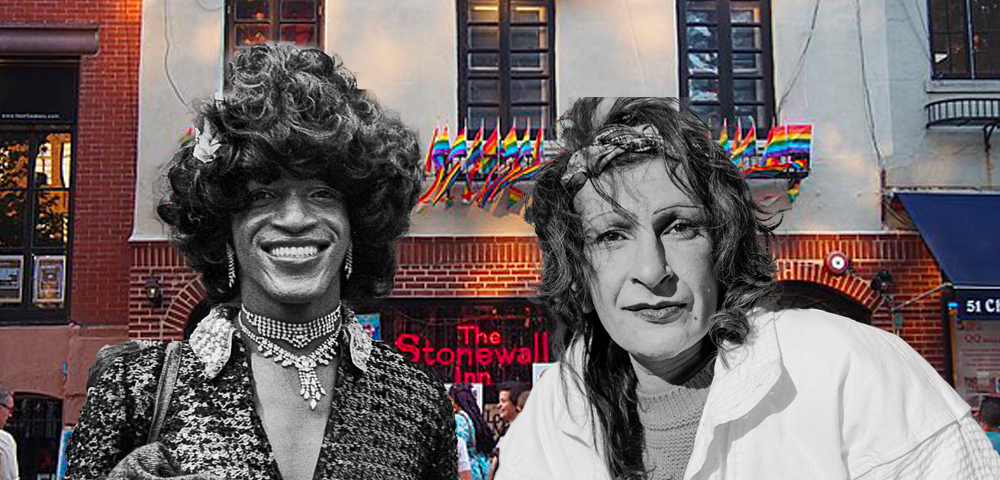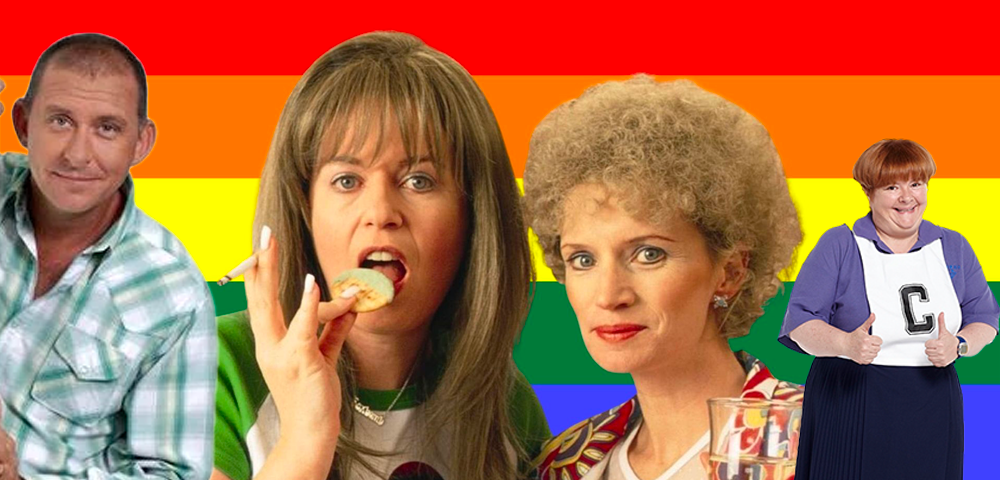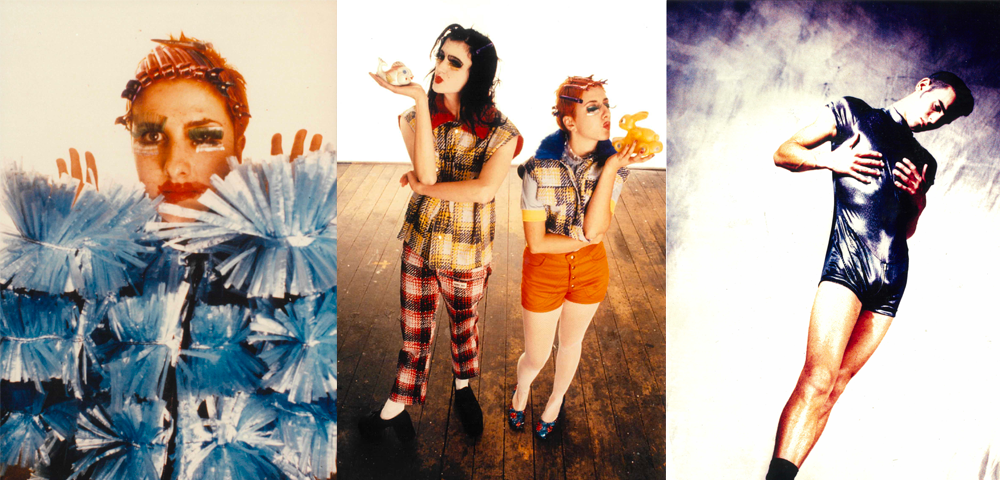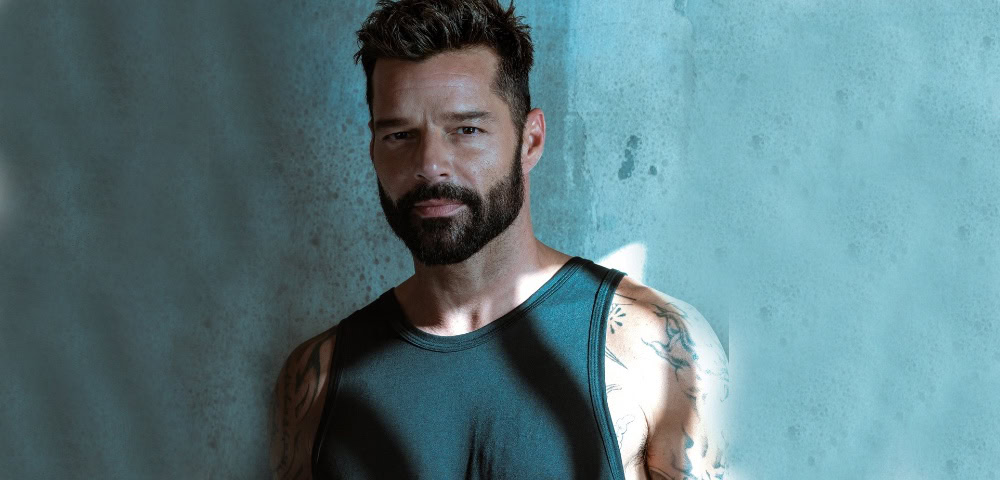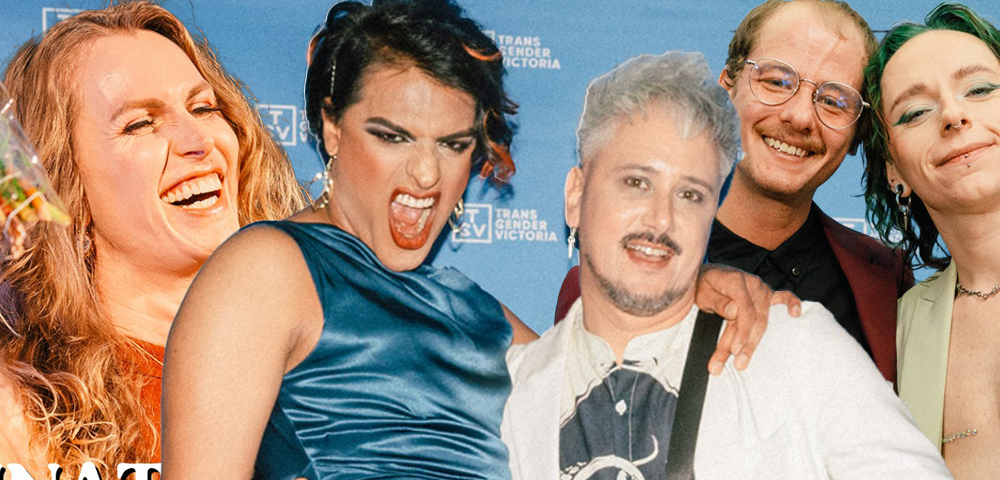
Gradual change in Ecuador
Ecuador’s current president, the left-leaning Rafael Correa, has been relatively outspoken in support of gay rights.
When an Ecuador national was killed in New York in 2008, Correa said, “We will fight together… to forever uproot these aberrations of certain maladjusted [individuals], uproot them from the face of the earth, from humanity: Xenophobia, homophobia and all kinds of discrimination, all kinds of violence.”
Last year, Correa’s popularity was such that when he proposed changes to the country’s constitution, 64 percent of people voted in favour at a referendum.
The constitutional changes included economic changes and free health care for senior citizens. Other changes included allowing the president to stand for a second four-year term and allowed for same-sex civil unions.
These civil unions are yet to be put into practice.
Quito-born David, 32, believes Ecuadorian people voted, possibly by default, for this equality law.
“People love this president. People will go for what he says. This president is different from everyone we’ve had before,” David said.
“He is not from the traditional conservative political parties. He came with these revolutionary ideas to change everything. There are people who don’t like him. However, the majority of people need hope, need a hero.
“It’s hard to judge whether his intentions are sincere. It could be that he is open to the human rights, considering he comes from the liberal school. It could be a political strategy as well.”
The reason for David’s scepticism lies with the lack of knowledge of homosexuality in his country.
“These equality laws sound good, but to my eyes, it looks like theory but not practice. They can change the law but people don’t live it. I hope there is a change in society and the way they think. If the leaders are changing, then people might follow,” he said.
“Very few people will actually use the civil union legislation. It’s not cool to be gay. Even within families, it’s not talked about.
Although the laws are really progressive, it would take longer for society to embrace it.”
Homosexuality was legalised in Ecuador in 1997 after the Constitutional Tribunal found the sodomy laws unconstitutional.
“Even when the law changed, because of the corruption in Ecuador, if the police found two boys kissing, they’d take them to the police station and threaten them. People were not aware of these laws. The police would ask for money to let you go,” David told SSO.
In the 1998 referendum the population voted to outlaw discrimination on the basis of sexuality in their constitution.
In doing so, Ecuador became the third country in the world and, to date, the only South American country with this clause.
“The referendum wasn’t about that. There were several changes voted upon. They didn’t promote that. That was just one of the things.
Nobody thought we are going to vote for this because it’s for human rights,” said David, who’s been in Sydney for four years.
“The acceptance is slowly getting better. There has been a big influence from other cultures such as the US, which has a strong impact on our society.
“New generations come with new ideas and younger people are more open to change.”



